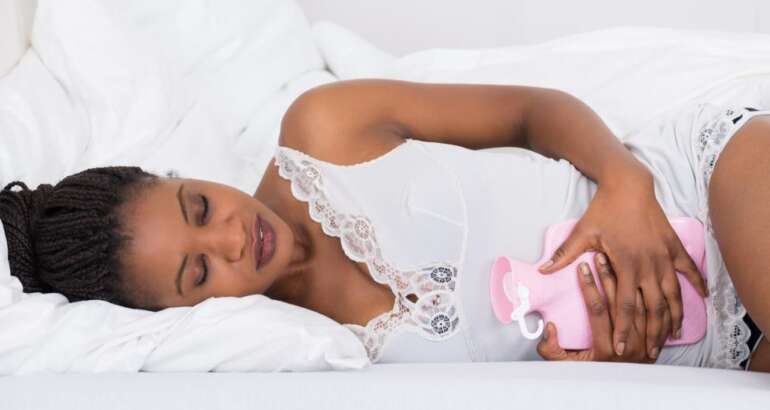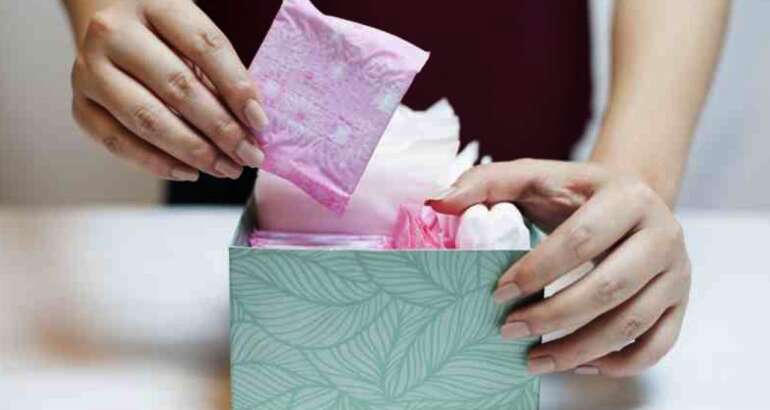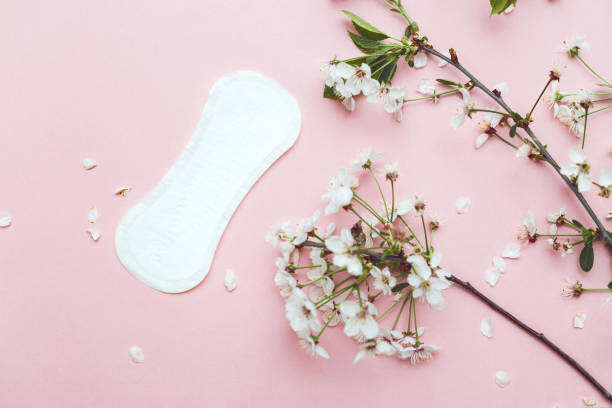
Improving Menstrual Health and Hygiene for Women
The menstrual cycle is a natural, healthy function of the body. It is not a disease and should be treated as such. Menstrual health is an important aspect of women’s life. It is when a woman gets to enjoy her personal space and privacy.
However, many people do not know how to take care of their menstrual cycles in a proper way. They may suffer from serious health issues because of improper care for their menstrual cycles. Proper menstrual hygiene is important not just for your health of you but also for the health of others. You can help keep your community safe by practicing safe periods
Tips To Improve Menstrual Health And Hygiene
Menstrual health is a big topic. It’s not just about your period but also about the choices you make during it. Here are some tips on how to improve your menstrual health and hygiene.
1. Use Sanitary Pads
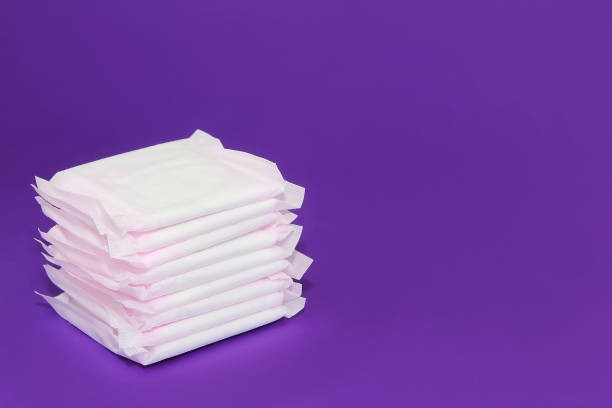
Sanitary pads are an essential component of the menstrual hygiene management. They protect women from infections, help with heavy bleeding, and provide some protection against odor. However, there is still a high prevalence of using cloth napkins to absorb menstrual blood in the developing world. It can lead to an increased risk of infection, especially if not enough attention is given to washing used napkins.
If you don’t care about the pad’s quality, then the Pads will be responsible for causing infections such as toxic shock syndrome (TSS). Hiddendays by Blackdime is perfect for those looking for a more comfortable alternative to traditional pads and towels.
2. Reduce Stress And Get More Sleep
Stress can hurt your hormones, which can cause changes in how your body processes food and energy. It can affect how you feel mentally and physically, so it’s important to reduce stress as much as possible. If you’re struggling with anxiety, speak to a doctor or counselor about ways of managing this.
Sleep is also important for regulating hormones and maintaining good health in general. Get at least 7 hours of sleep every night if possible!
3. Eat A Healthy Diet
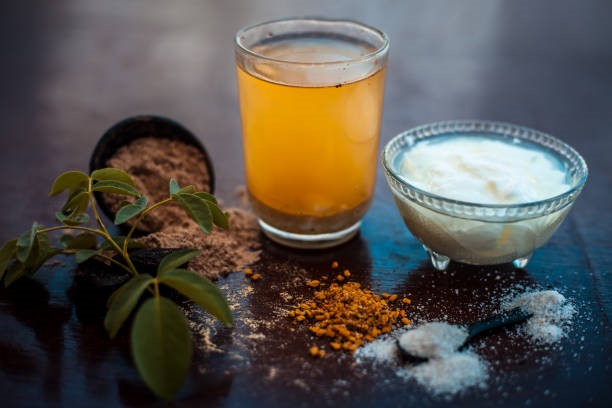
Avoid foods that contain artificial sweeteners or preservatives, such as artificial flavorings and flavor enhancers. Try to eat lots of fresh fruits and vegetables, legumes (beans), whole grains, dairy products, lean meats, and fish.
4. Take Care Of Cleanliness
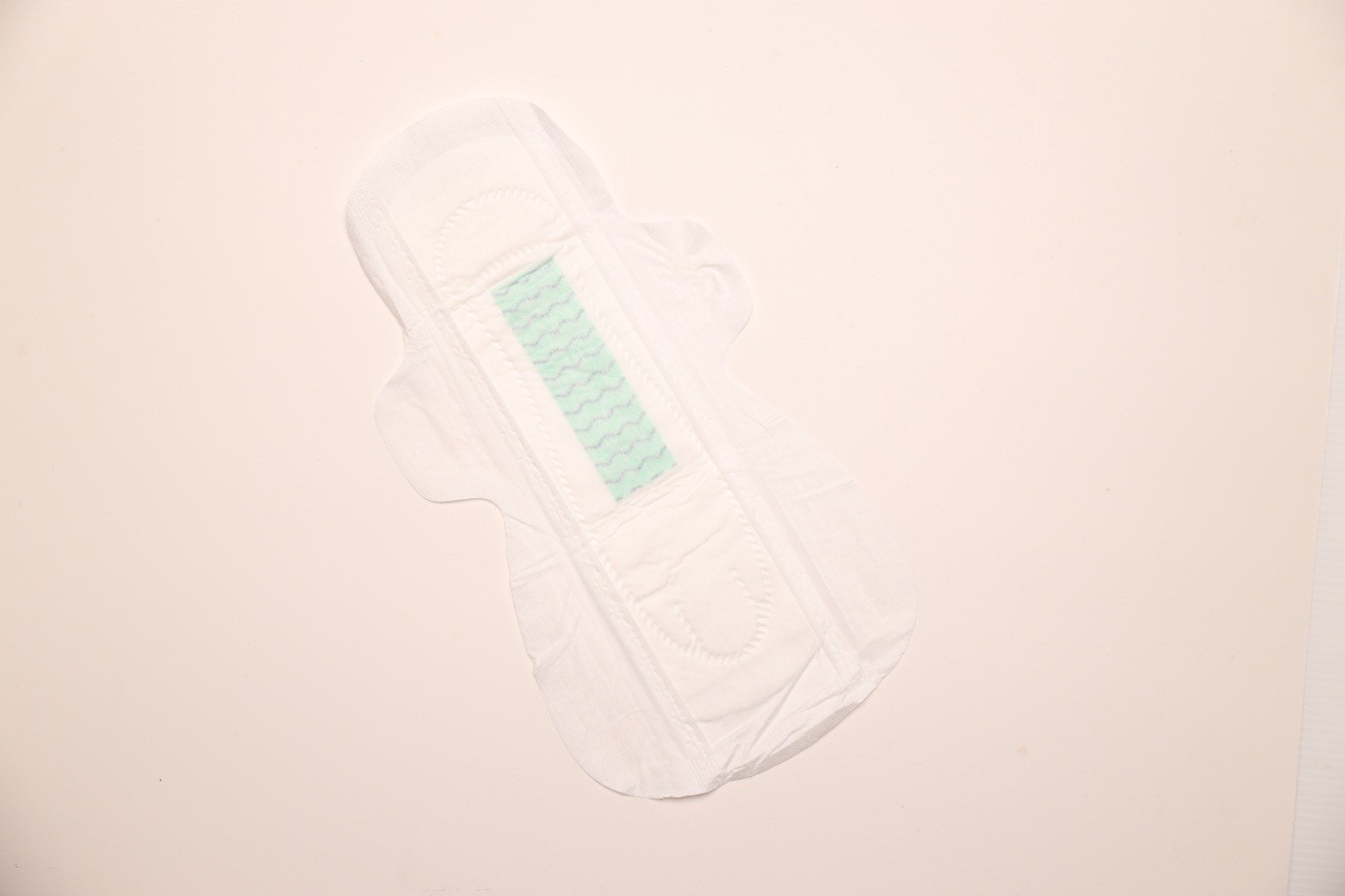
After getting your period, you should always make sure that you clean your menstrual blood carefully and completely. If you do not clean your menstrual blood properly, it may lead to many complications such as infection, pain, and swelling in your lower abdomen and other body parts such as your hands, feet, or knees.
Wash your hands with water and soap or use hand sanitizer before preparing food or eating something that has just been touched. Hand sanitizer is especially important because germs can spread when people touch surfaces. If someone feels the same surface where another person has touched a natural heart without washing their hands first, everyone could get sick from the same place!
5. Get Plenty Of Exercises
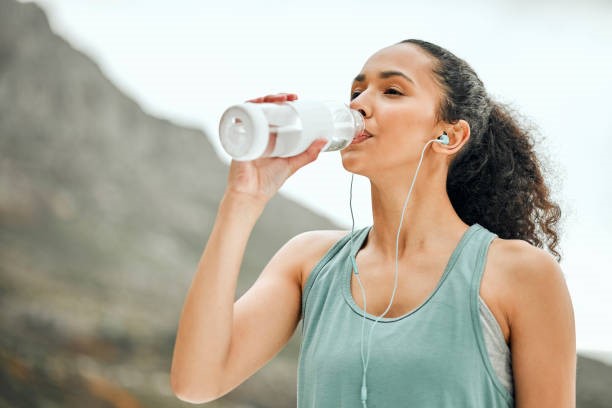
Physical activity helps maintain bone density and muscle strength while helping with weight control during menstruation. It also helps relieve stress and lower blood pressure levels, which could result in cramping or dizziness during menstruation or ovulation (the process when an egg is released into the fallopian tubes). You should get at least 140 minutes per week of moderate-intensity physical activity such as brisk walking for 10 minutes at a time or 30 minutes of vigorous-intensity physical activity such as running for 5 minutes at a time.
6. Maintaining A Healthy Body Weight
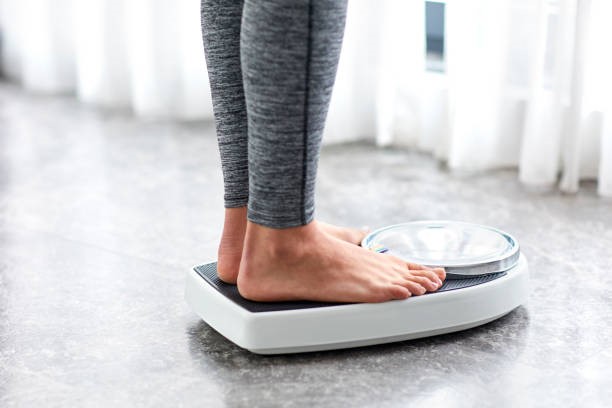
Being overweight or obese increases the odds of developing iron deficiency anemia. A BMI(Body Mass Index) over 25 is associated with an increased risk of iron deficiency anemia. If you are overweight or obese, losing 5% or more of your body weight through dieting and increasing activity levels can help protect your system against this condition. Talk to your healthcare provider about how much weight loss will be recommended based on your health history and medical conditions.
Conclusion
In conclusion, improving menstrual health and hygiene for women is a very important topic. Cleanliness and hygienic conditions prevent infections during menstruation and improve general health. The most important aspect of menstrual hygiene is to keep you clean at all times.
To increase awareness of this issue, we should start educating young women early on menstruation and its proper care. They should learn how to prevent infections, use safe sanitary pads, etc. Use a quality pad like Hiddendays by Blackdime to avoid infection.

